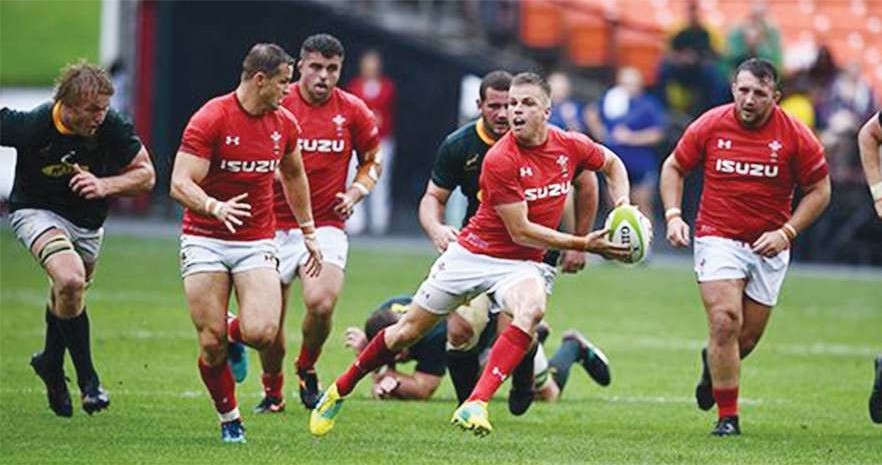Rubbish like last week won’t grow game in US

Categories: Features
Tags: Bath, Bristol, Club Rugby, England, Premiership, Premium, Six Nations, South Africa, Wales, Warren Gatland, World Rugby
COLIN BOAG
Dud: Wales clash with South Africa in Washington last weekend
Did you watch the Wales v South Africa match held in Washington DC last weekend? It was one of the most torpid games I’ve ever seen, utterly unworthy of being called an international. Played in front of sparse crowd of just over 21,000, in a stadium that holds over 45,000, it is rumoured that World Rugby had to chip in some cash to help the organisers who needed 27,000 to break even – however it’s dressed up, it was another in the long list of disastrous rugby adventures in the US.
More worrying ...
Continue reading...

Access all our premium content from as little as 14p per day!
Already a subscriber to our website? Login